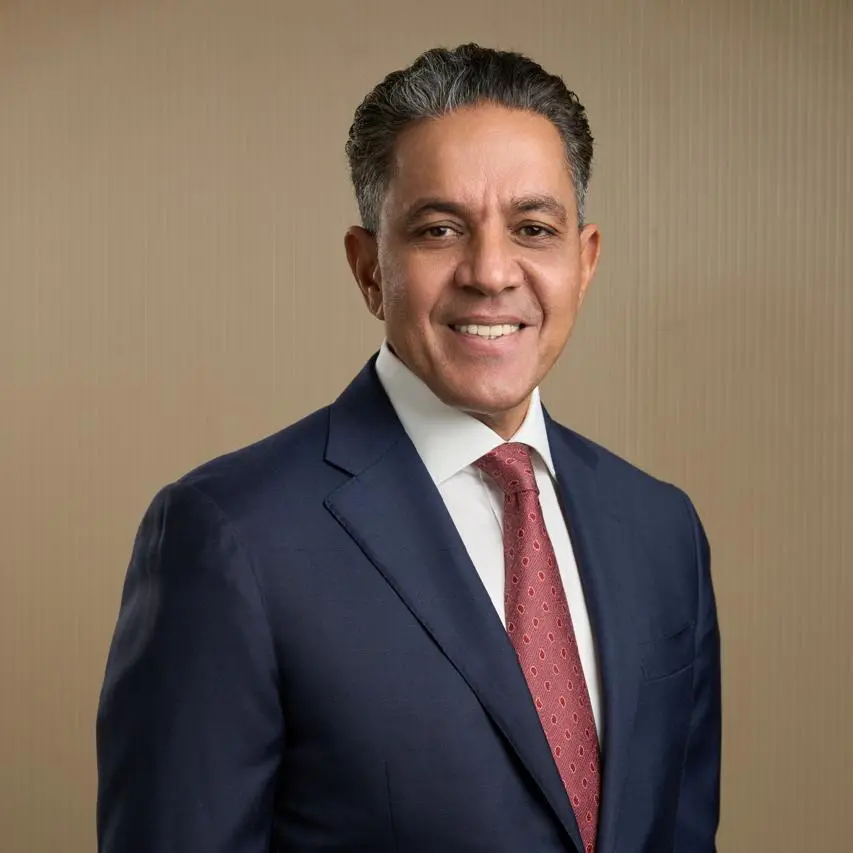PHOTO
· UAE investors want to focus on family, health and safety.
· Generationally, millennials have been severely affected by the pandemic.
Dubai – In the wake of COVID-19, 75% of wealthy investors worldwide have concluded that life will never be the same again, according to the new Investor Watch survey by UBS, the world's leading global wealth manager. The same feeling prevails in the UAE, where 81% told UBS a sense of fear will prevail for a long time.
According to the survey, which polled more than 3,750 investors across 15 markets globally, investors are already planning to adjust their lifestyle after the pandemic:
- Seven in 10 will reduce travel and trips to the office going forward
- Half intend to move closer to family
- Forty-six percent may forsake cities for less populated areas
- Eighty-eight percent say staying healthy is their top priority
Sixty-seven percent of investors also say the pandemic has affected how they think about their money:
- Fifty-six percent worry about not having enough saved if there is another pandemic
- Fifty-eight percent worry about working longer to make up for retirement losses
- Sixty percent worry about being a financial burden to their family if they get sick
- Fifty-four percent worry about leaving enough money for the next generation
Overall, 83% of investors want more guidance than usual from their financial advisor on their financial affairs during the pandemic. In the UAE, this number climbs to 87%.
Tom Naratil, Co-President of UBS Global Wealth Management and President of UBS Americas, says: "As investors navigate the COVID-19 crisis, they are seeking the latest insights and more tailored advice on how to achieve their financial goals. The pandemic is causing many of them to rethink how they'll fund their liquidity, longevity, and legacy needs. That means wealth managers have an opportunity to play an even more important role in their clients' lives and prepare them for the post-pandemic environment."
Ali Janoudi, Head of Middle East and Africa at UBS Global Wealth Management, says:
"A silver lining in this pandemic is that while 79% of millennial investors in the UAE told us they were financially impacted by COVID-19, 85% also said they are highly interested in sustainable investing, and want their money to have an impact. We can and already have supported them in this investment choice, which we firmly believe is the right way forward."
Niels Zilkens, Head Arabian Gulf at UBS Global Wealth Management, says:
"This survey shows on a global scale what we are witnessing every day here in the UAE: Local investors are reconsidering the way they invest holistically. They are looking for guidance and we are here to help them navigate these uncertain times."
From a generational perspective, millennial investors surveyed were more inclined to say that the pandemic affected them financially and were more concerned about their finances than older generations. Seventy-three percent of millennials felt they were financially impacted by the pandemic. Seventy-four percent said the pandemic impacted how they think about their money.
Additionally, millennials are most concerned about having to work longer to make up for losses, having enough money saved, and losing their job in the current environment. They are also concerned about having their money make a societal impact. Roughly a third increased financial support for family and friends, while 69% are interested in sustainable investing and 60% in philanthropy due to COVID-19.
From a regional perspective, Latin American investors are the most likely to see the world changing permanently after COVID-19, followed by investors from the US.
US
With the US still working to contain the pandemic, 82% of US investors see their old way of life changing forever, which is above the global average of 75%. However, only 22% say the pandemic significantly affected them – below the global average of 25%.
Latin America
Latin American investors feel that they are the most affected by the pandemic, both financially and in terms of their way of life. However, they are also most likely to see a silver lining in the associated market volatility. Eighty-four percent of Latin American investors see the market volatility as an investment opportunity, compared with a global average of 79%.
Europe
The pandemic's impact on European investors was mostly in line with the global average. The exception was related to how Europeans direct their money to make an impact. Forty-two percent of European millennials increased their financial support to family and friends, compared with 34% of millennials globally.
Switzerland
COVID-19 made the least impact on Swiss investors. Only 56% say their way of life would change permanently, compared with a global average of 75%; 68% say fears related to the effects of the pandemic would persist, compared with a global average of 81%. Only 11% say their finances were significantly impacted.
Asia Pacific
Seventy-one percent of investors in the region anticipate permanent changes as a result of the virus, four percentage points lower than the global average. However, 89% of them say they want more guidance than usual from their financial advisor during the pandemic itself, versus a global average of 83%.
-Ends-
About the UBS Investor Watch survey
For this edition of UBS Investor Watch, UBS surveyed more than 3,750 investors. They were made up of 25-30 year olds with at least USD 250,000 in investable assets, 31-39 year olds with at least USD 500,000 in investable assets and those 40 or above with at least USD 1 million in investable assets. The global sample was split across 15 markets: Argentina, Brazil, mainland China, France, Germany, Hong Kong, Italy, Japan, Mexico, Singapore, Switzerland, Taiwan, the UAE, the UK and the US. The research was conducted in May 2020.
About UBS
UBS provides financial advice and solutions to wealthy, institutional and corporate clients worldwide, as well as private clients in Switzerland. UBS' strategy is centered on our leading global wealth management business and our premier universal bank in Switzerland, enhanced by Asset Management and the Investment Bank. The bank focuses on businesses that have a strong competitive position in their targeted markets, are capital efficient, and have an attractive long-term structural growth or profitability outlook.
UBS is present in all major financial centers worldwide. It has offices in 50 markets, with about 31% of its employees working in the Americas, 32% in Switzerland, 19% in the rest of Europe, the Middle East and Africa and 18% in Asia Pacific. UBS Group AG employs over 67,000 people around the world. Its shares are listed on the SIX Swiss Exchange and the New York Stock Exchange (NYSE).
UBS Group AG and UBS AG
Media contact
www.ubs.com
© Press Release 2020
Disclaimer: The contents of this press release was provided from an external third party provider. This website is not responsible for, and does not control, such external content. This content is provided on an “as is” and “as available” basis and has not been edited in any way. Neither this website nor our affiliates guarantee the accuracy of or endorse the views or opinions expressed in this press release.
The press release is provided for informational purposes only. The content does not provide tax, legal or investment advice or opinion regarding the suitability, value or profitability of any particular security, portfolio or investment strategy. Neither this website nor our affiliates shall be liable for any errors or inaccuracies in the content, or for any actions taken by you in reliance thereon. You expressly agree that your use of the information within this article is at your sole risk.
To the fullest extent permitted by applicable law, this website, its parent company, its subsidiaries, its affiliates and the respective shareholders, directors, officers, employees, agents, advertisers, content providers and licensors will not be liable (jointly or severally) to you for any direct, indirect, consequential, special, incidental, punitive or exemplary damages, including without limitation, lost profits, lost savings and lost revenues, whether in negligence, tort, contract or any other theory of liability, even if the parties have been advised of the possibility or could have foreseen any such damages.




















